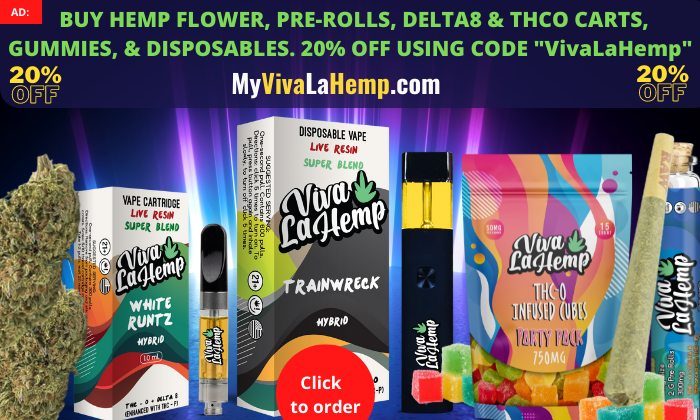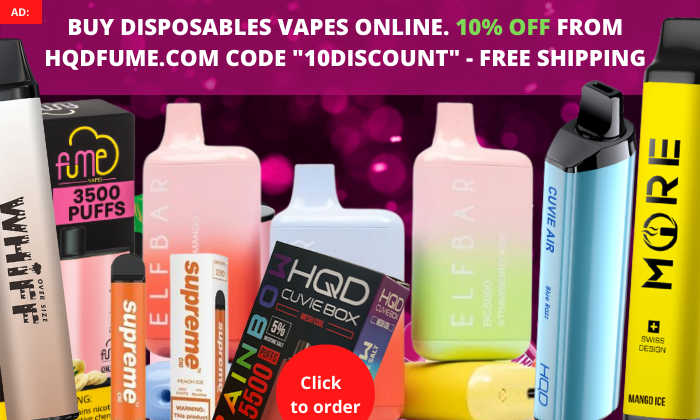Case Study: Unilever’s Brands
Instruction
Please, read and analyze the case study How Unilever’s Brands Connect With Consumers, located in the folder Recommended Readings for this Week (Downloadable).
Then, write a 4-6-page essay answering the discussion questions at the end of the case (includes cover page and reference page). The essay must be in APA format with at least two (2) citations and references.Reading and question
How Unilever’s Brands Connect with Consumers
From soap to soup, Unilever markets a wide range of personal care products, foods, and household cleaners under popular brands like Dove, Bertolli, Lipton, Lux, Axe, Sunsilk, Surf, and Omo. Two billion consumers buy its products every day, adding up to annual revenue of $62 billion. The Anglo-Dutch company constantly conducts research to learn more about what consumers want and need, identifying even seemingly small changes that can make a big difference in the daily lives of people worldwide. One of the company’s most memorable marketing initiatives has been Dove’s “Campaign for Real Beauty.” Based on extensive consumer research into women’s attitudes and emotions, the campaign uses ads, YouTube videos, special events, and other communications to counter beauty stereotypes and make the point that real beauty is more than skin deep. By linking its soap brand to messages reinforcing positive self -esteem for women of all ages, races, sizes, and shapes, Dove has won the admiration and loyalty of consumers in many countries.
For example, marketers recently used the brand’s Facebook page (which has more than one million “likes”) to start a dialogue about getting children to eat. Its Facebook fans responded with dozens of additional ideas, which Ragú’s ad agency turned into helpful online videos that dish up tips with a sense of humor. Heavy use of social media is one way that Ragú aims to create an emotional connection with its customers and understand their ever-changing needs and interests. Campaigns combining Facebook, Twitter, and special websites have helped Unilever market its food and personal care brands to highly targeted segments such as Latino families in the United States. Unilever’s www.vivemejor.com, the Spanish-language website, and Facebook page provide brand-oriented recipes, coupons, holiday ideas, household hints, and other information that Latino families can use. The company also holds Disfruta la Pasión de la Vida events outside supermarkets to attract and engage Latino consumers. In planning such events, the company turns to its Multicultural Consumer Marketing Insights research team for guidance.
Unilever is looking beyond immediate acquisition behavior to encourage healthy, environmentally sustainable behavior all over the world. Through research, it has determined that the first step is to help consumers understand why they should do something (such as wash with soap to prevent the spread of disease). The next step is to show them how easy it is to take action (buy bars of soap and use them). Then, they must make the new behavior desirable (washing can keep the family safe from germs). Next, it is important to make consumers feel good about doing this action (for themselves, their family, and society). Finally, find a way to continue the behavior over time (ask children to wash before every meal). With these five steps, Unilever has convinced millions of consumers in developing countries to adopt the healthy habit of washing their hands—promoting the company’s Lifebuoy soap brand at the same time. Unilever also sells laundry products in developing nations where water is a scarce resource, yet consumers are accustomed to rinsing clothes several times to get them clean. To address both consumer needs and environmental issues, CEO Paul Polman explains “We’ve put products out in the market—fabric softeners—that only need one rinse.” Even then, “consumers were still doing two or three rinses, so we had to be very creative in educating them,” he says. Clearly, Unilever wants to build strong relationships with its customers by making sure its brands are down-to-earth and “real.”QUESTIONS
1. How is Unilever applying its understanding of internal consumer processes in the psychological core to market its products?
2. Which of the four external processes in the consumer’s culture do you think have been the most important to the success of Dove’s Campaign for Real Beauty? Why?
3. Do you agree with Unilever’s decision to link its brands with efforts to encourage healthy and environmentally sustainable behaviors? Explain your answer.



